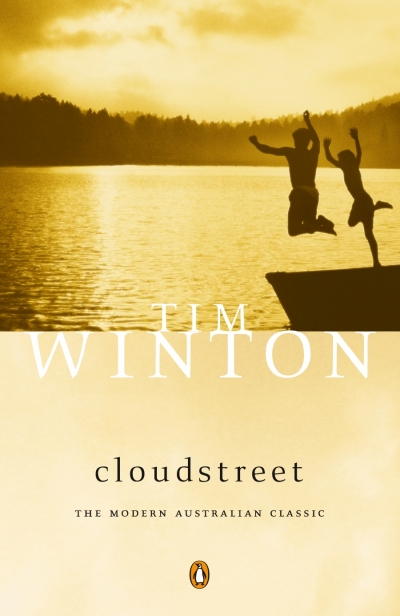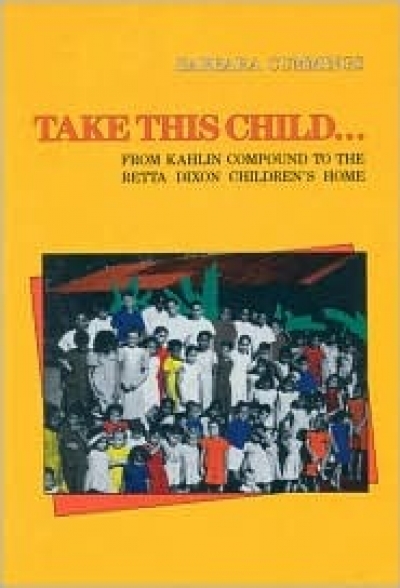Archive
Sign up to From the Archive and receive a new review to your inbox every Monday. Always free to read.
Recent:
Dear Manning,
I’m writing you this letter for want of better ways of continuing the conversation we’ve been having for the past eight years, sustained by weekly letters while I was in Japan. We began to walk and talk in 1983 as you were preparing for heart surgery and I wasn’t coping with a broken heart. You wanted someone to walk with, and I needed company.
... (read more)Michael Guest reviews 'Red On White' by Kit Denton, 'The Siberian Sparrows' by Ian Mcfarlane, and 'A Drop in the Ocean' by Steve Wright
Critically reviewing a populist genre novel requires a particular cribbing, a playing off against deep-seated transcendental notions of literature that tend to motivate pronouncements upon the relatively good and bad points.
... (read more)The Hole Through the Centre of the World by Kevin Brophy
Rudyard Kipling could not understand why his cheque account was so much in credit. The answer was that the tradespeople in his village were selling his signature to autograph collectors for more than they would have received by presenting Kipling’s cheques to the bank.
... (read more)In his Canberra 1913–1950 Jim Gibbney summarises the indecisions which accompanied the establishment of a site for Canberra around the turn of the century. When finally, in December 1908, Yass-Canberra was decreed the Seat of Government, it brought to a close nearly two decades of hesitation – at least Australia knew where the Federal Capital was to be situated, if not what kind of city it was to be.
... (read more)






